Book: Wild and Free Nature

Photo by CS Photography
Author: Ainsley Arment
Author Bio:
"Ainsley Arment is the founder of Wild + Free, co-founder of Wild Explorers Club and the Wild + Free Farm Village, and host of the weekly Wild + Free podcast. She and her husband Ben are raising their five children, Wyatt, Dylan, Cody, Annie, and Millie, in Virginia Beach, Virginia."
1. What are some great nature excursions families can take this summer to get their children more passionate about the outdoors?
You don’t have to go far from home to get out in nature. No matter where you live, you can find parks, walking trails, or gardens to explore. And planning some family outings is a great way to make lasting memories together. But my favorite way to get kids more passionate about the outdoors is to find or create natural spaces right at home. Planting a garden, whether in a bed or a windowsill is a wonderful way to introduce kids to connecting with nature in a hands-on way. Fashioning a makeshift mud kitchen with old pots and containers is another fantastic way to invite kids outside.
Raise monarch butterflies with a kit you can order online, and learn about the life cycle together before setting them free. Buy a window bird feeder and watch who shows up. Build a tree fort in the backyard. Or go for a walk every morning. But one of the best ways to inspire outdoor play is to simply lead the way. Start noticing the birds, collecting special rocks, and soaking in the morning sun for 15 minutes each day. If you start a ritual of going outside before you ask them to join you, I’ll bet in time you won’t have to ask.
2. What can readers expect in your latest book, “Wild + Free Nature”?
Wild + Free Nature is a compilation of activities, adventures, and crafts to get kids exploring and creating with nature - all inspired by families in the Wild + Free community. With real life examples, full color photography, and inspiring articles, this activity book is designed to help kids explore, Discover, and awaken their curiosity.
3. Why is learning about nature something you feel is important for children to do?
Most people don’t think about time in nature as something to put on the syllabus or add to the family bucket list. Partly because it doesn’t seem productive and partly because playing outdoors was just a natural part of our childhoods. We didn’t have to think about it or have it a part of the curriculum. It’s just what we did.
But time in nature has become one of the lost arts of childhood play. What used to be a daily activity for kids has become an afterthought. There is school work to do and screens to contend with. But I don’t think we’ve stopped to realize how much of a child’s development depends on regular outdoor play - on romping and stomping, skipping and jumping, running and climbing. It’s not only vital to their physical health, but to their brain and emotional health.
Time in nature decreases anxiety, increases serotonin levels, and helps regulate their emotions. Playing outdoors builds stronger bones, promotes problem-solving skills, and increases their creative thinking. When kids spend time in nature, they not only learn, but they become better learners.
4. What is your relationship with nature like and do you have an outdoors-related story that you think back fondly upon?
I grew up during the 80s in a small military community in New York. I spent my childhood playing outside on a hill across the alley from my house, riding bikes with my sister around the block, and swimming in the chilly lakes in summer. I remember the days of hanging upside down from the trapeze bars or doing “underdogs” on the swings for hours.
It’s safe to say I spent the majority of my days outdoors, and that I discovered who I was in the unstructured sun drenched days of my youth. Whether on the mossy forest floor in the presence of oaks and pines or on a jungle gym with friends, spinning til we were dizzy and laughing until we were crying, nature was my playground.
5. When was it that you realized that this book, “Wild and Free Nature” needed to be written?
When my teenagers were in elementary school, we often took a few days a week to get outdoors or go on an “adventure hike,” as we called them. It was really just walking outside someplace new - on a nature trail, along the bay, or off a beaten path at the local park. We’d often invite some friends to join us, but I was shocked at how often we were turned down because of their child’s school work. Work before play, they say. I realized I was different in my thinking. For us, being outdoors was a non-negotiable, not an afterthought or a reward for our work. I didn’t define it as clearly back then or know the science to back it up, but now I know just how important an outdoor education is for kids. Nature is the curriculum and play is the work of childhood.
Nature is one of the five core values of Wild + Free I discuss in my first book, The Call of the Wild + Free. Along with Play, Curiosity, Wonder, and Story, I believe it’s a key component to a healthy childhood and a whole education. While I dedicated an entire chapter to the why, I knew there needed to be a resource that expanded on some practical and creative ways for parents, teachers, and caregivers to get outside with kids. Wild + Free Nature isn’t complete, as the ways never cease, but it is replete with inspiring practices and real-life adventure form families in our community. The wonderful thing about nature is that you can find it anywhere. From the nooks and crannies of an urban sidewalk to the wide open spaces of the western skies. Nature is everywhere, accessible to anyone, and anticipating your exploration.
6. Being that you are a mother of five as well as a homeschool teacher, how do you also find time to be an entrepreneur and an author?
To be honest, I’m not always entirely sure. But I do know that I have an amazing partner in my husband Ben, who encourages and supports me, all the while helping to homeschool and working on his own businesses. I also have an incredible team that works for me and keeps the systems running smoothly.
I could never do this alone. Even still, there are times when I can’t wear all the hats, balls get dropped, opportunities missed. I’d like to think I can do it all, but it’s just not so. I have learned to say no to some good things so I can focus on the few great ones in front of me. My family always comes first, even if my business or writing suffers.
7. “Wild + Free” is such a fun name for the community that you have built! What inspired the name and how can those unfamiliar get involved?
The name came so easily for me because it perfectly described how I wanted to raise my children. It came from Henry David Thoreau's expression that “all good things are wild and free.” It was the very first name that came to mind. There were no other options. We invite people to visit our website at bewildandfree.org or visit our Instagram account at @wildandfree.co, which is what started it all. From there, you can check out our free resources, monthly membership, content bundles and magazine, and even the conferences and thousands of groups that meet all over the world.
8. Were you homeschooled and if so, how do you think that experience affected your formative years?
I wasn’t homeschooled, but my parents were out of the box thinkers. They valued my thoughts and opinions, and taught me to lean into my strengths. I learned early on that I had a part to play in my education, and not to let my shortcomings hold me back. But my school years weren’t easy for me. I don’t think many teachers knew how I learned, and I was misunderstood a lot. Academically, I tried hard but felt defeated for many years.
It wasn’t until I had a high school teacher who really believed in me that gave me a newfound love for learning. Of course, college opened up a whole other world of education that allowed me to flourish and find my groove. I’m grateful for all the experiences I had and apply so much of that to how I think about education and learning.
9. How has it been homeschooling during a global pandemic?
In many ways, you could say that homeschooling during a global pandemic has been the same. We’re comfortable learning at home, we have a rhythm to our days and we could fall back on that iced the past year. I’m grateful for that. But much like others, this past year has been challenging. We missed our friends and social outings. We missed our art classes and group hikes. And as a family, we especially missed traveling, something we love to do together! I think we’re most looking forward to visiting museums and exploring different cities (and countries) again when all of this is over.
10. When you write “rethink childhood”, what do you mean?
To me, rethinking childhood means rethinking the way our kids experience childhood today. In many ways, we have allowed a changing culture, vastly dependent upon technology and productivity to dictate how we raise our children. We have been duped into believing that children should be learning, doing, and proving their merits through tests and metrics from an early age. We have been conditioned to think that each stage of a child's life should be filled with activities that prepare them for the next one.
We have taken away their freedom to simply be a child. Reclaiming childhood is reclaiming the basic human rights and needs of children. Time to grow and develop naturally. Time to get lost in their imaginations and learn through discovery. Time to be in nature, to play in nature, to mess about in nature. TIme to chase wonder and read good books just for the fun of it. We forget that children are natural learners. They were born learning, wondering, and discovering. Our job isn't to give them wonder, but to not take it away. Rethinking childhood is reclaiming the wonder of childhood. For their future's sake.
11. What’s your best advice for getting over writer’s block?
Would it sound cliche to say I get out in nature? I live a few miles from the ocean, so getting out to walk on the sand or absorbing the energy of the waves crashing against the shore always re-centers me. Often, a change of scenery is all I need to get my juices flowing again. But escaping isn't always possible so I like to follow the advice my husband, also an author, gave me a long time ago: "Write every day, whether you feel it or not." If I'm having a bad bout of writer's block, it's easy for me to want to quit. But I try to push through and just write. Even if it's terrible. Eventually, the inspiration comes again. So I guess my advice is, when you can't write, keep writing. =)
12. What’s the best book you have read this year so far?
Braiding Sweetgrass by Robin Wall Kimmerer. It is the most powerful book I’ve read on the relationship between humans and nature, written in beautiful prose that reads like poetry. I don’t think anyone who reads her words could look at the world the same way again. I keep kicking myself for not reading it sooner.
13. What’s the best advice you have ever received on happiness?
I’m not sure if this is advice or just a conclusion I have come to. But my understanding of happiness is that it is a feeling that comes and goes, and therefore a practice that I can cultivate. I have learned that joy can coexist with pain, and in most of life, must, if we’re going to experience it. Practicing gratitude and showing compassion to others almost always brings me to a happy place.
14. Do you plan on writing more books in the future?
I think the answer is yes. I just turned in a manuscript for a book called The Wild + Free Family that is slated to come out in 2022. And I’m looking forward to the release of Wild + Free BOOK CLUB in May! A compilation celebrating 28 of our favorite books in true wild and free book club fashion, complete with activities, discussion questions and tips for hosting book clubs with friends. Beyond that, I’ll be dreaming, journaling, and enjoying my family for a while.
Places To Find More From This Author:
Instagram: @ainsl3y
Website: www.bewildandfree.org
Get Your Copy of Wild and Free Nature Today!


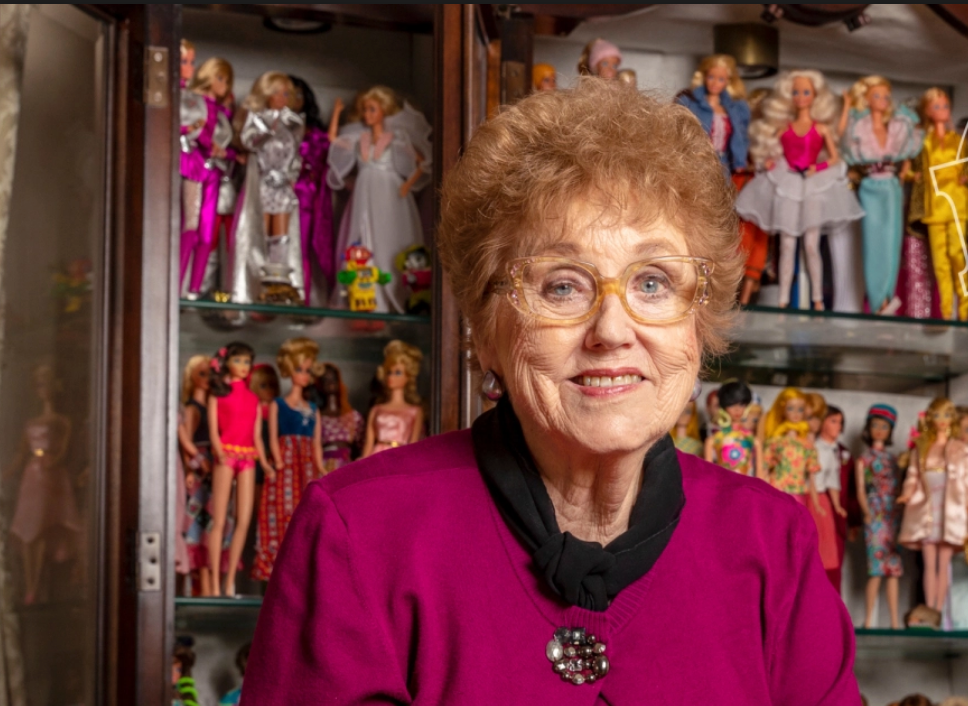
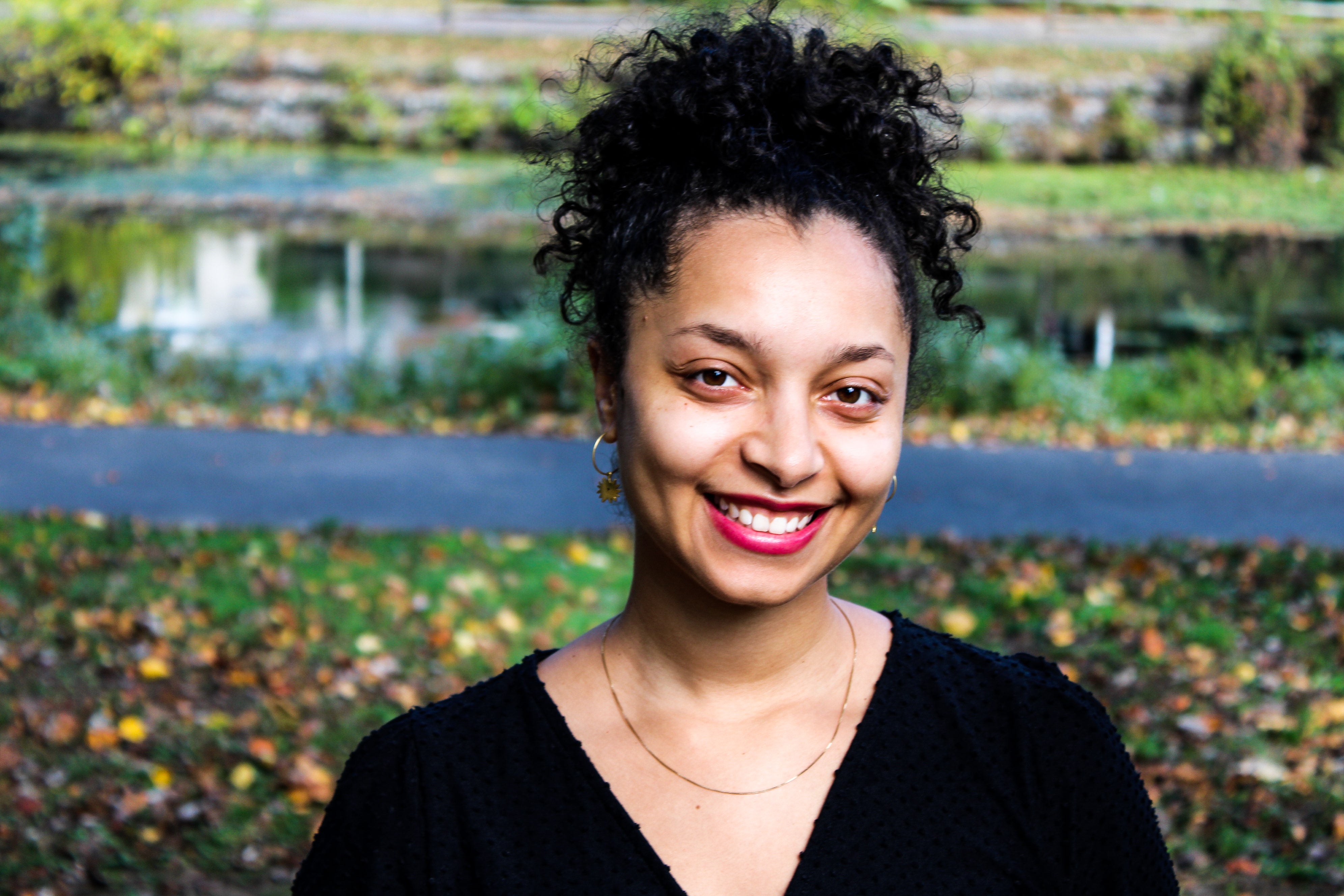
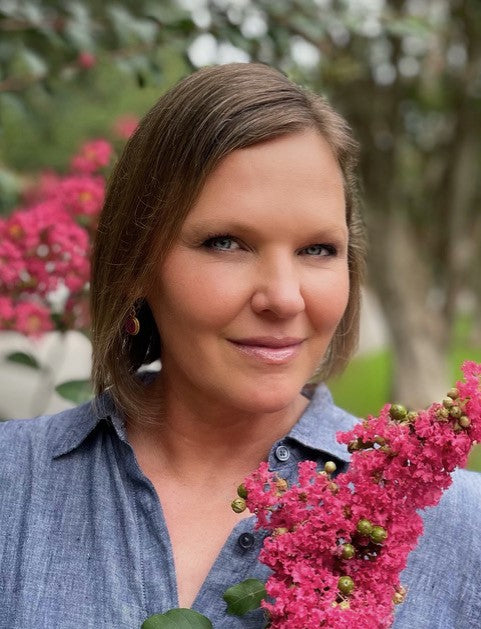
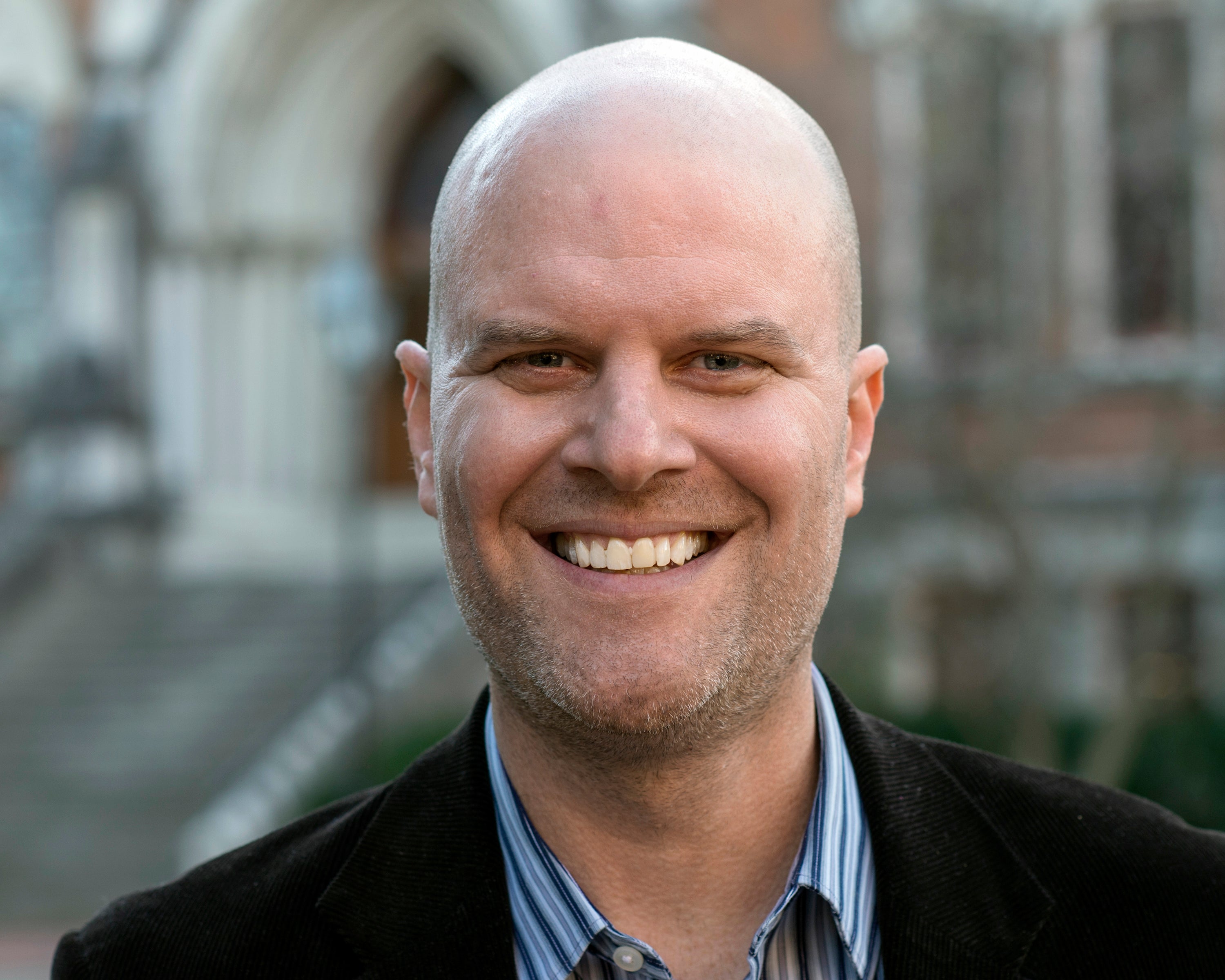
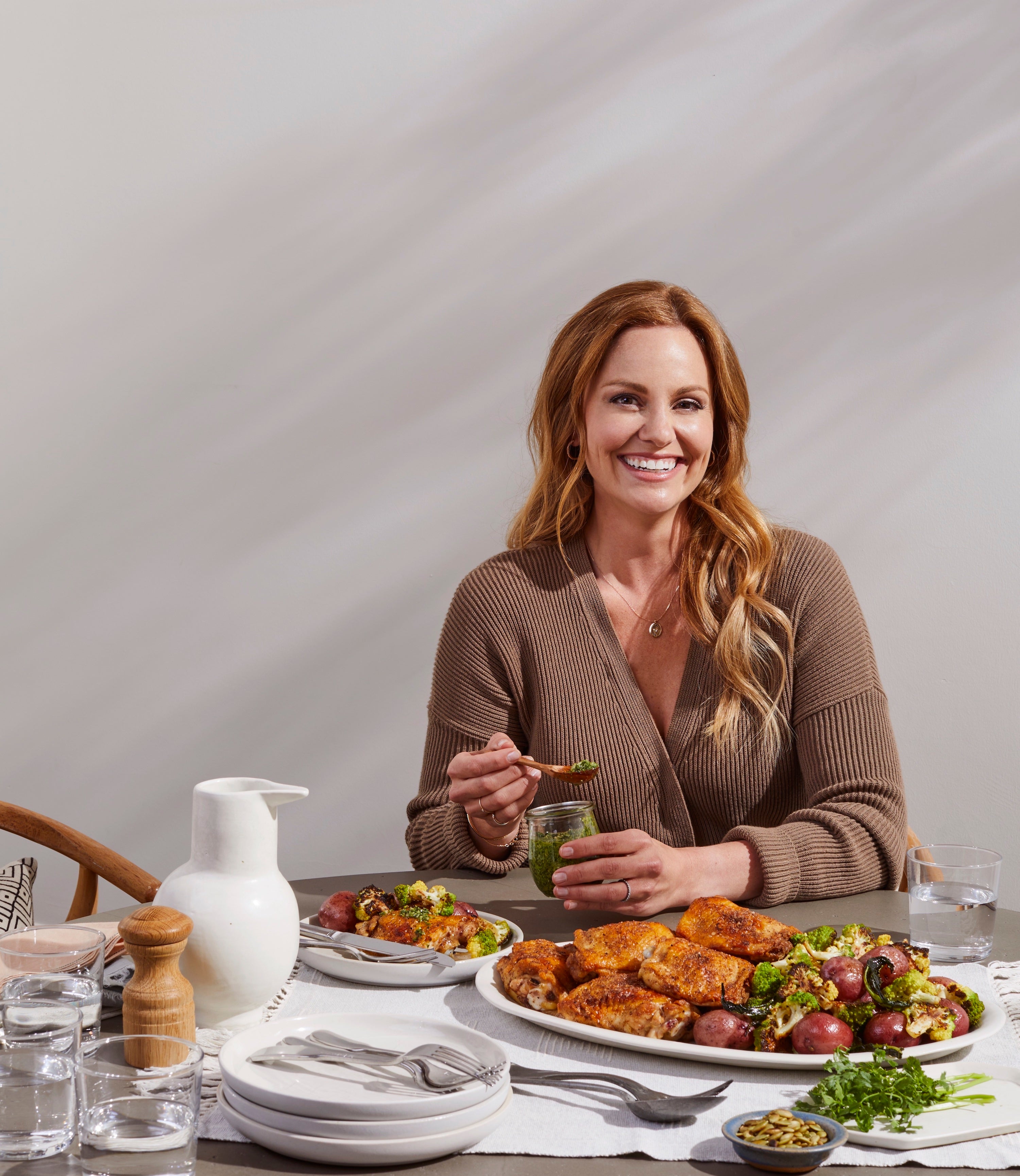
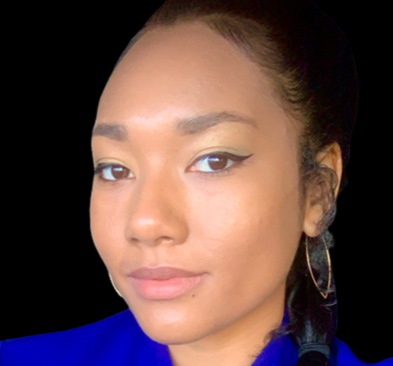
1 comment
Hello,
Which age group is the Book Club written?